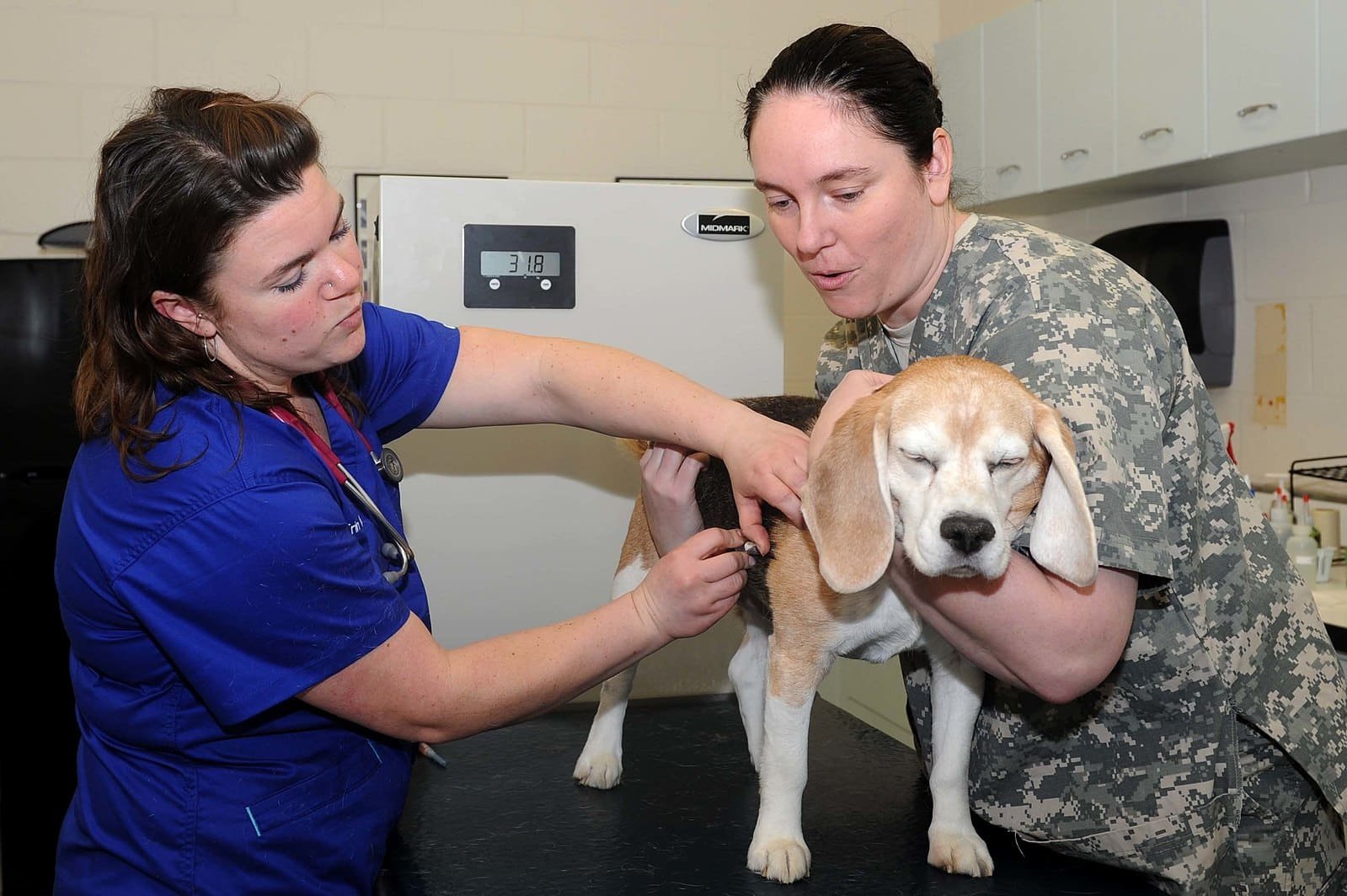(CN) — More than half of American dog owners now doubt the value of rabies vaccines and other immunizations, a troubling development that could potentially lead to a resurgence of a horrific illness that the U.S. had succeeded in virtually eliminating.
Rabies is nearly 100% fatal in humans, but in recent years only one to three cases have been reported in the U.S. annually. In the developing world, however, where vaccine access is spotty, about 59,000 people die from it each year, 40% of them children.
Despite this, a new survey of 2,200 American dog owners shows that 37% think dog vaccines are unsafe, 22% think they’re ineffective and 30% think they’re unnecessary. In all, 53% of respondents endorsed at least one of those beliefs.
“I am very worried that canine vaccine hesitancy could lead to an increase in rabies cases,” said Gabriella Motta, a veterinarian in suburban Philadelphia who co-authored the study.
Motta said that nearly every day she encounters dog owners who refuse or are reluctant to vaccinate their pets. “In my discussions with other vets I have found that many of my colleagues experience a similar phenomenon,” she said.
“I’m not ready to say there’s a grave danger” of a rabies reoccurrence, said Matt Motta, Gabriella’s brother, who teaches health law at Boston University and co-authored the study. “But is there a potential? Absolutely.”
To keep the disease from spreading, a vaccination rate above 70% of the dog population is necessary, according to the World Health Organization. But in the U.K., a 2018 study of more than 2,000 dog owners found that 25% of dogs didn’t get their primary vaccinations when young and 23% haven’t received boosters.
“That’s a huge problem,” because the country appears to be skating very close to the danger zone, Matt Motta worried.
While rabies vaccinations aren’t legally required in the U.K., almost all U.S. states mandate them, and “we suspect most people comply,” Matt Motta said, based on the low incidence of the disease here. “But we don’t know that. Reporting standards vary by state and there is no federal database.”

The Mottas’ study is the first to interview U.S. dog owners, but it builds on a 2021 survey of more than 2,200 veterinarians in the U.S. and Canada that found that 44% said dog owners “often” expressed concerns that vaccines were unnecessary and 34% said dog owners commonly feared that vaccines could cause illness.
The Mottas’ survey found no significant difference in vaccine hesitancy between men and women or between people of different races, although college-educated dog owners were less likely to be skeptical. But Republicans — especially Trump supporters — were significantly more likely to question the value of vaccines, said Matt Motta, who noted that skepticism of dog vaccines tends to correlate with skepticism about other vaccines, such as childhood MMR and Covid shots.
A recent Morning Consult poll found that 79% of Democrats plan to take the new Covid booster this year, compared to only 39% of Republicans.
The partisan divide is a new phenomenon. A 2009 Pew poll found exactly equal support for childhood vaccines among Republicans and Democrats, and a 2018 study of childhood vaccine refusal found “hot spots” not only in rural areas but in left-leaning cities such as Seattle, Detroit and Portland, Oregon.
The shift is perhaps ironic given that Trump himself took credit for the initial Covid vaccine and labeled it “one of the greatest miracles of the ages.” But as the pandemic wore on, many Trump supporters came to doubt the veracity of medical authorities such as the Centers for Disease Control and Prevention and the WHO, and many felt resentment at President Biden’s vaccine mandates that included remote workers and people with natural immunity.









